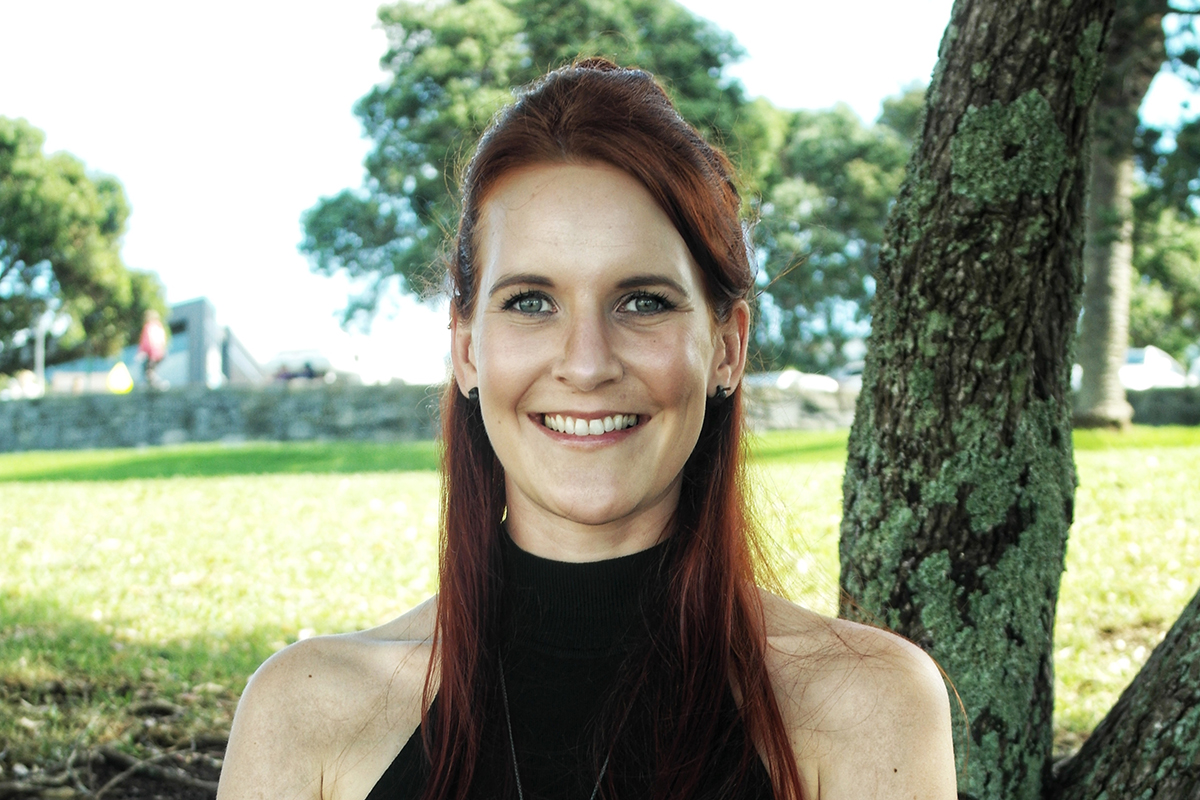Forest & Bird are among local environmental groups and iwi calling for all Hawke’s Bay councils to rethink their approach to climate change in light of Cyclone Gabrielle.
Forest and Bird has joined Te Taiwhenua o Heretaunga, Te Taiwhenua o Te Whanganui ā Orotu, Ngāti Kahungunu and Sustaining Hawke’s Bay Trust (the Environment Centre HB) to send an open letter to Hawke’s Bay councils with a list of recommendations encouraging a more holistic approach that will support healthy ecosystems and resilient communities.
Their asks will be presented to Napier City Council at a meeting on Thursday 8 June and to all councils in the coming months.
The letter is in response to the recently released Hawke’s Bay Regional Council’s Draft Environmental Resilience Plan.
Dr Chantal Pagel, Forest & Bird’s Regional Conservation Manager for the Bay of Plenty and Hawke’s Bay, says that to strengthen our resilience to extreme weather events fuelled by climate change, we must start working with nature and not against it.
“It’s only natural, and seems logical to many, to rebuild our communities similarly to pre-cyclone standards, but that kind of thinking does not build the resilience we will need when the next weather event strikes.
“Auckland Council has just announced a big work programme incorporating nature-based solutions and ‘making space for water’ and we strongly believe the Hawke’s Bay should follow suit.
“Rather than continuing with the status quo, we’d like to see independent, local experts in community resilience, environment and climate change included in the recovery planning to ensure our environment and communities can cope with whatever the future brings,” Dr Pagel says.
Emma Horgan-Heke, CEO of Sustaining Hawke’s Bay Trust, says “we are asking for a ‘pause’ and reconsideration of the best way to recovery to ensure intergenerational resilience.
“It means using all our knowledge and experience – not just infrastructure solutions, but ones that take te taiao and our communities’ resilience into account. We want to bring everyone on this journey.”
Ngaio Tiuka from Ngāti Kahungunu Taiao Unit (Ngāti Kahungunu) says we can’t continue the same old approach to controlling our waterways.
“We need to genuinely respect the Mana of our rivers and stop just paying lip service to tangata whenua and their mātauranga and kaitiakitanga,” he says.
The groups’ eight recommendations are:
Change our relationship with rivers and floodplains.
We are advocating for Te Mana o Te Wai-led restoration of these floodplains – including restoration of braided rivers and their ability to recharge our aquifers – and widening of the corridors between stop banks.
Rethink where and how we rebuild.
We are advocating for the rebuild to think intergenerationally, ensuring community longevity and resilience under climate change.
Protect and restore wetland and indigenous forests.
We seek that any spaces retreated from, as well as suitable public land and areas beyond, be available for wetland restoration and other nature-based solutions, i.e. biodiversity, reforestation, braided river corridors, and wetlands projects.
Create food resilience.
We are advocating for the development of a regional food resilience, security, and sovereignty strategy in authentic partnership with the community.
Responsibly manage the waste and sewerage issues.
We are advocating for the remediation of the five new unconsented dumps in Hastings and remediation of (or offsetting of damage done by) the raw sewerage sent to sea in Napier to minimise damage done to our environment because of the cyclone.
Incentivise land use that transitions us to holistic farming that is good for the environment.
We are advocating for the development of an incentive programme to support and uplift farmers who are recovering from the cyclone to move away from intensive agriculture and convert to low input and regenerative agricultural systems, or similar nature-based systems.
Meet Te Tiriti obligations and ensure mana motuhake of tangata whenua during the rebuild.
We recommend that recovery agencies develop a mechanism for marae / hapū to interface directly with the Crown following the recovery.
Adequately fund community organisations, mana whenua, taiwhenua, and iwi for delivering solutions for the climate emergency and biodiversity crisis.
We are advocating for an increase in funding for community organisations focused on the environment and community resilience, such as Sustaining Hawke’s Bay Trust, iwi, PSGEs (Post Settlement Governance Entities), and all taiwhenua to grow the work we do.
The letter has been sent to the chair of the Hawke’s Bay Regional Council and mayors of the Napier City Council, Hastings District Council, Wairoa District Council, and the Central Hawke’s Bay District Council.
Public Interest Journalism funded through NZ On Air


A wonderful article. I agree we should stop fighting nature and work with it. Protect and restore. We have already lost too much.
I would add one more ask:
Consider a future with less available energy which will impact our ability to maintain (and pay for) this “resilience” infrastructure and change the dynamics of our society (e.g. no more commuting in personal cars between Napier and Hastings)
https://ourworldindata.org/grapher/global-energy-substitution
Excuse my ignorance but who is the person in the photograph please? It’s helpful if images are labeled.
Dr Chantal Pagel Forest and Bird see caption
The eight ‘asks’ are vitally important – let’s hope the Councils are able to take these requests very seriously indeed. Please keep us abreast of how this goes ahead.